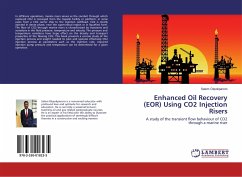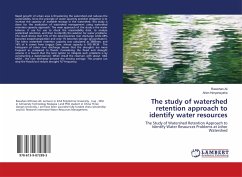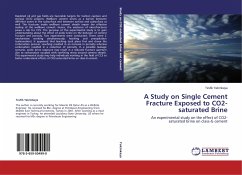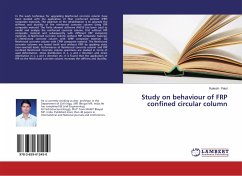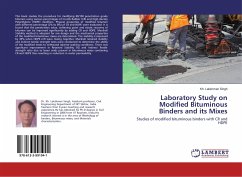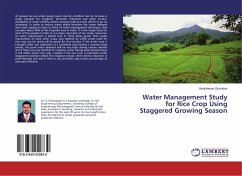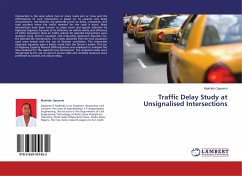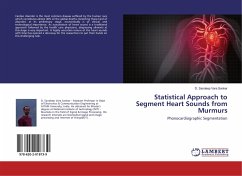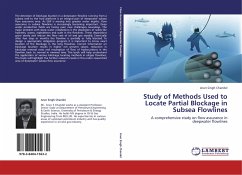
Study of Methods Used to Locate Partial Blockage in Subsea Flowlines
A comprehensive study on flow assurance in deepwater flowlines
Versandkostenfrei!
Versandfertig in 6-10 Tagen
32,99 €
inkl. MwSt.

PAYBACK Punkte
16 °P sammeln!
The detection of blockage location in a deepwater flowline running from a subsea well to the host platform is an integral part of deepwater subsea flow assurance area. As E&P is moving into greater water depths, flow assurance in subsea flowlines is increasingly becoming important. Deep water production fields are facing even new challenges nowadays. The major problem with deep water installations is the deposition of solids like hydrates, waxes, asphaltenes and scale in the flowlines. These depositions grow slowly and reduce the flow rate of oil and gas steadily. Eventually after few days or ...
The detection of blockage location in a deepwater flowline running from a subsea well to the host platform is an integral part of deepwater subsea flow assurance area. As E&P is moving into greater water depths, flow assurance in subsea flowlines is increasingly becoming important. Deep water production fields are facing even new challenges nowadays. The major problem with deep water installations is the deposition of solids like hydrates, waxes, asphaltenes and scale in the flowlines. These depositions grow slowly and reduce the flow rate of oil and gas steadily. Eventually after few days or months the flowline is partially or fully blocked. To design a appropriate mitigation program it is important to know exact location of the blockage in the long flowlines. Correct information on blockage location results in higher net present values, reduction in blockage removal costs and resumption of flow of hydrocarbons in the flowline back to normal in minimal time. This book will help understand the application of various blockage locating methods in oil/gas flowlines. The book will highlight the further research needs in this under researched area of deepwater subsea flow assurance.



